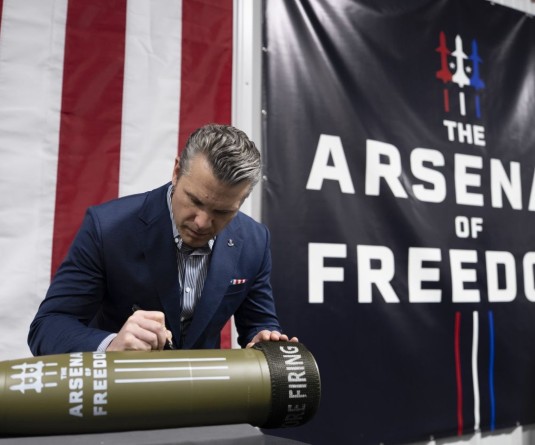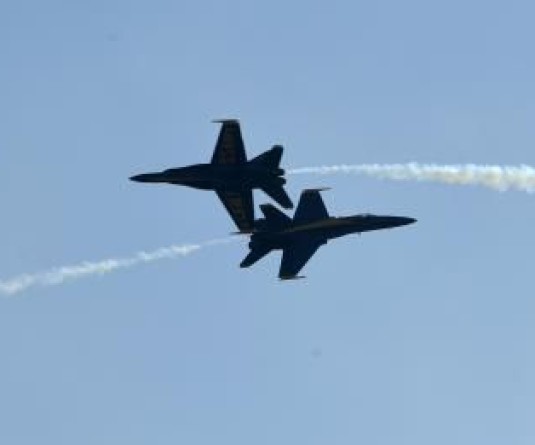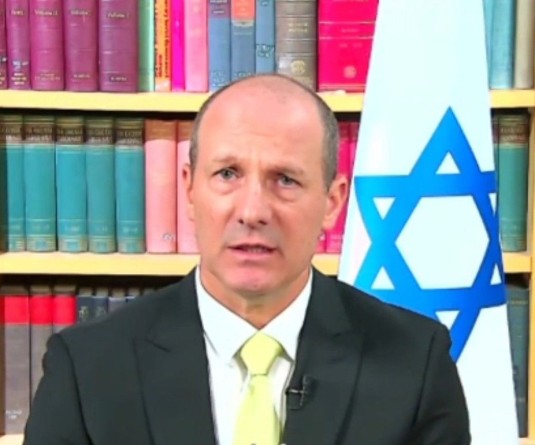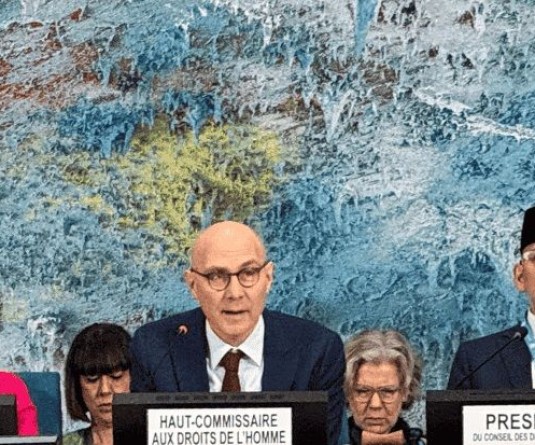Lebanese Parliament Speaker Nabih Berri wears a face shield for meetings at the presidential palace in Baabda, Lebanon on August 31, 2020. (REUTERS Photo)
BEIRUT, August 31 (Reuters): Parliament Speaker Nabih Berri, head of Lebanon's Shi'ite Muslim Amal Movement, warned on Monday that recent deadly shootings raised the risk of the country sliding back into anarchy and sectarian strife.
He was referring to clashes between Lebanese Sunni Muslims and Shi'ites last week that killed two people in the Khaldeh area south of Beirut, and an incident days earlier in the northern village of Kaftoun in which three men were shot dead.
"I warn irresponsible politicians against continuing with this behaviour because it creates a fertile ground for a return to anarchy and awakens the sleeping devils of terrorist cells which are waiting for the opportunity to pounce on Lebanon's security, unity and civil peace," Berri said in a speech.
Lebanon, still scarred by its 1975-90 sectarian civil war, has been pushed to breaking point by a financial meltdown and a devastating Beirut port explosion on Aug. 4.
The Khaldeh violence, in which a Sunni Arab tribe accused members of the powerful Iran-backed Shi'ite group Hezbollah of opening fire, which the movement denied, triggered a flurry of contacts among Lebanese politicians, including Berri, seeking to contain tensions.
Berri said political scheming, selfishness and grudges could take Lebanon to "the edge of existential danger".
He echoed a call by President Michel Aoun made in a speech on Sunday for a secular state in Lebanon, whose constitution enshrines a division of power between different religious sects.
Lebanon's senior Christian cleric, Maronite Patriarch Bechara Boutros Al-Rai, also mentioned the Khaldeh incident in his Sunday sermon. He reiterated a call for all weapons to be brought under state control, in an apparent criticism of the heavily armed Hezbollah.






